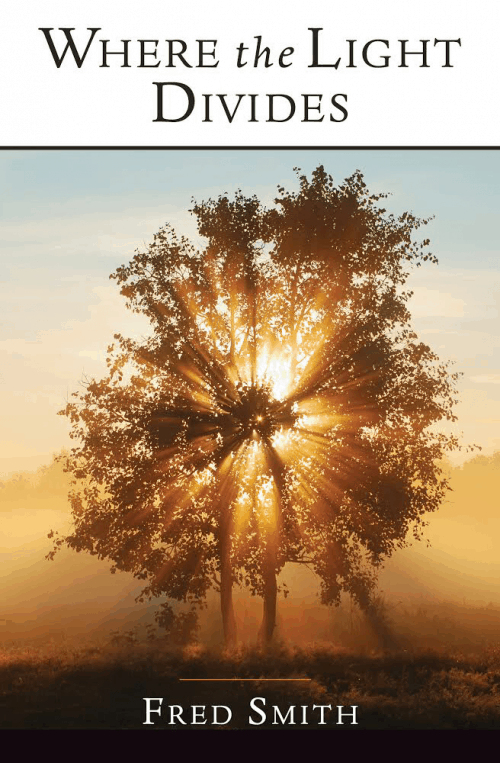Almost a decade ago I was asked if I would consider sharing what I am thinking: “People are curious about why you think the way you do.”
Whether it was false humility, fear, or an aversion to being put in a box, I declined. Two years later, I changed my mind when I remembered the old saying that you don’t know what you think until you have written it down. It was not out of a desire to share that I started writing a weekly blog but, selfishly perhaps, a desire to know for myself what I thought. Just as Thoreau went to the woods to live deliberately, I started to write deliberately to discover what I believed.
While I had an interest in so much, I had never been disciplined about a point of view. I suppose that is why the structure of this book is not organized by a single theme but around topics that have attracted me either through my work at The Gathering, teaching Sunday School, or just general curiosity. Whether it is philanthropy, society, family, meaning, and purpose, or faith, I felt an urgency about writing. Of course, it mattered if people read it but that was not the initial purpose. I did not write to influence or shape opinion.
It was not telling an audience what I thought as much as it was explaining myself to me! Annie Dillard wrote,
“Write as if you were dying. At the same time assume you write for an audience consisting solely of terminal patients. That is, after all, the case. What would you begin writing if you knew you would die soon? What could you say to a dying person that would not enrage by its triviality?”
For someone brought up in the era captured by the words, “If you died tonight do you know where you would go?” Annie Dillard’s words are intimidating. Yes, I know where I would go if I were to die tonight. I have known since going forward in that small Baptist church in Kentucky when I was a boy. What I have not known is what I would write if I were dying soon. What would I want to say to you reading this if I realized fully the grim but obvious truth that you are dying as well? What could I say to you that would not be trivial? Would I preach or comfort? Would I spin a tale to lighten your burden? Maybe I would try to say something profoundly deep? Probably not any of these. But I do take the question seriously.
If this is my last time to speak to you and your last time to read it, what do I want to say to you that will not be trivial?

Often, I will ask pastors and teachers what people say to them when they leave the sanctuary or classroom. I do that because I believe there are patterns of response over the course of years to which we should pay attention. It is not so much the content but the impression that remains.
Some say, “That convicted me.” Others say, “That touched me.” For me, there has consistently been only one remark: “I never thought about it that way before.”
There was a time when I wanted to convict or touch, but I settled into my calling as one who looks at things differently. My mother always told me to look both ways before crossing the street and I’ve carried that with me into life. Look at the world both ways. That doesn’t need to mean strangely or contrived. For me, Emily Dickinson says it well, “Tell all the truth but tell it slant. The Truth must dazzle gradually or every man be blind.”
If this book is about anything it is telling the truth in a way that does not blind but simply turns the prism a degree or two for seeing differently. It’s not about my life but seeing the world for a time through my eyes. It is about the prism through which the light divides. A point of view.
I’ve included a few photos of mine. They are not here to make or illustrate a point. They are here because I like them.
Some may say, as I have when reading other authors for the first time, “I have thought the very same thing but never said it quite that way,” and for that alone, I would be grateful. It will not dazzle but it may delight. It may give someone permission to think about their world with a twist and, like me, wonder if there isn’t more to the story than I see the first time – or the hundredth. If there is a theme it is this angle from which I see things. It is my slant. Looking both ways.
I did not come to trust this slant early in life. It was odd or out of place many times. It’s probably time to grow up and say, deliberately, what I am thinking and take responsibility for it.
So, here is what I have come to so far. It is why I went to the woods and began to write.
You can order Where The Light Divides on Amazon now.
This blog entry has been re-posted from The Gathering by permission.
Please Note: All links to external websites are for informational purposes only. The views or opinions represented in articles, blogs, videos, and other media do not necessarily represent those of PCP as an organization or of any individual member.